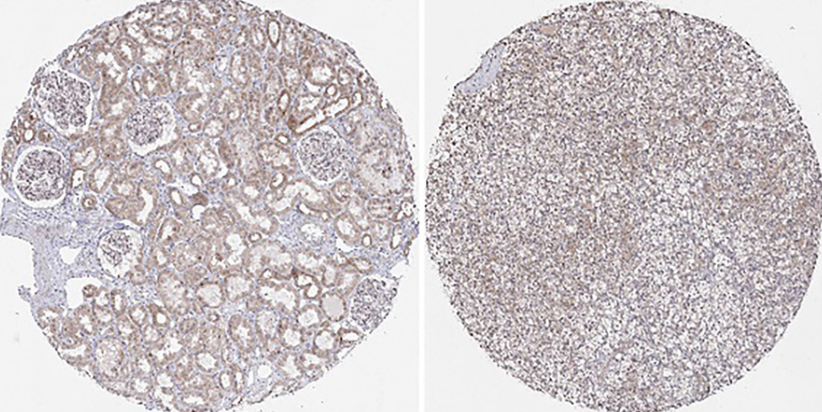Comprehensive analysis of GPN1 in human cancer and its effects on the migration of hepatocellular carcinoma cells
DOI:
https://doi.org/10.17305/bb.2024.11310Keywords:
GPN1, hepatocellular carcinoma, prognosisAbstract
To investigate the prognostic value of GPN1 in cancer and its role in the migration of hepatocellular carcinoma (HCC or LIHC) cells, we used several databases to assess GPN1 expression levels and effects in human tumors. Furthermore, experiments were conducted to verify changes in GPN1 expression in HCC cell lines and explore its biological function. We found that GPN1 gene and protein expression were significantly increased in several tumor tissues. Higher GPN1 expression was associated with unfavorable overall survival. Additionally, there was a strong association between GPN1 expression and several clinicopathological features, according to multivariate Cox regression analysis. Moreover, GPN1 gene mutation and methylation were present in some tumors. A relationship was also found between GPN1 expression and immune infiltration. Notably, immune checkpoint analysis showed that GPN1 expression was correlated with PD-1/PDL-1 and CTLA-4, suggesting it may serve as a biomarker for predicting immune subtypes and response to immunotherapy in HCC. Enrichment analysis in HCC indicated that GPN1 is primarily involved in RNA metabolism. Additionally, drug sensitivity analysis revealed that GPN1 appeared to be responsive to 16 drugs. Finally, GPN1 upregulation was confirmed to promote the migration of HCC cells. This study provides a comprehensive overview of GPN1 in human cancer and demonstrates that GPN1 contributes to the migration of HCC cells, potentially serving as a prognostic and immunotherapy biomarker.
Citations
Downloads

Downloads
Published
Issue
Section
Categories
License
Copyright (c) 2024 Rongtao Zhu, Senfeng Zha Zhao, Jiahui Cao, Yin Liu, Ruopeng Liang

This work is licensed under a Creative Commons Attribution 4.0 International License.









